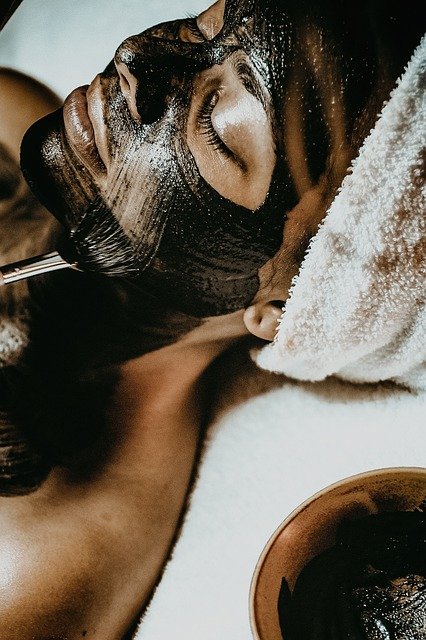
The need to relax is a fundamental need to maintain good mental health. Despite the importance of mental health, recreational and luxuries often fall by the wayside with a “get over it” mentality that does more harm than good. With the emergence of the self care movement, more attention has been given to this issue, and mental health concerns are being taken more seriously. With that in mind, here are a few ways to get the much needed R&R that can help you maintain your mental well-being.
Cruises
One of the best ways to unwind is to take a cruise. While some may bemoan a lack of activity with this type of vacation, there are plenty of people for whom that’s exactly the point. A cruise gives you an opportunity to truly unwind as you upwards of a week at sea. Not only that, but a Mediterranean cruise features luxurious amenities to sweeten the pot. For example, you can expect fine dining to be included free of charge, and activities and entertainment are also fairly common. In some cases, you even experience the height of luxury via spa services, and that’s a match made in heaven.
Spas
The “spa day” is a tried and true self-care tradition. This is because spas provide a variety of services and experiences that promote physical and mental relaxation across the board. Another great reason for the popularity of spas for relaxation is that all of those same services also feel really, really good, especially when you’re particularly stressed. Massages, for example, can work out the knots in muscles that are tense from prolonged stress, while a steamy sauna will allow you to sweat away your worries and leave you feeling reinvigorated once you feel cool air in your hot skin. While a spa day may seem frivolous to some, it can be a lifesaver when it comes to mental well-being.
Hobbies
Another important part of human needs is mental stimulation. Routine has its benefits, but a stale routine is actively bad for your brain. The problem lies in the fact that routine is often a necessity when it comes to working a job or honing a skill. It’s therefore important for individuals to have hobbies that can provide some additional mental stimuli, especially when everything else has become rote. While mastering a skill requires a certain amount of tedium, developing a skill is a potent form of mental stimulation, so consider a hobby that involves a certain skill. For example, learning to paint or play a musical instrument would be good exercise for the brain that also gives you an outlet for self expression and exploration, and that latter have their own mental health benefits.
Productivity
While it may seem counterintuitive, productivity is also important for maintaining your mental health. Too much pressure to be a product is detrimental, but too little productivity can also be damaging to your psyche. Putting off important tasks might be relaxing in the moment, but letting your responsibilities fall by the wayside will invariably come back to haunt you. Worst of all is the fact that this problem is good at reinforcing itself. As pressure mounts to meet a deadline, your procrastination will start to make what should have been a simple task into an impossibility, causing you much more stress than getting it out of the way in a timely fashion. The same can be said of paying your bills or doing your taxes, for example. Simply put, procrastination is an even trap to fall into, and it can have disastrous consequences.
Mental health is not a widely understood topic, although that’s slowly changing. This can make it difficult to understand the importance of self-care, let alone what you actually need for better mental well-being.Using these examples, you have what you need to radically improve your mental health and even cope with mental illness. At the end of the day, however, the most important thing is to be as mindful as possible about what your needs are.







